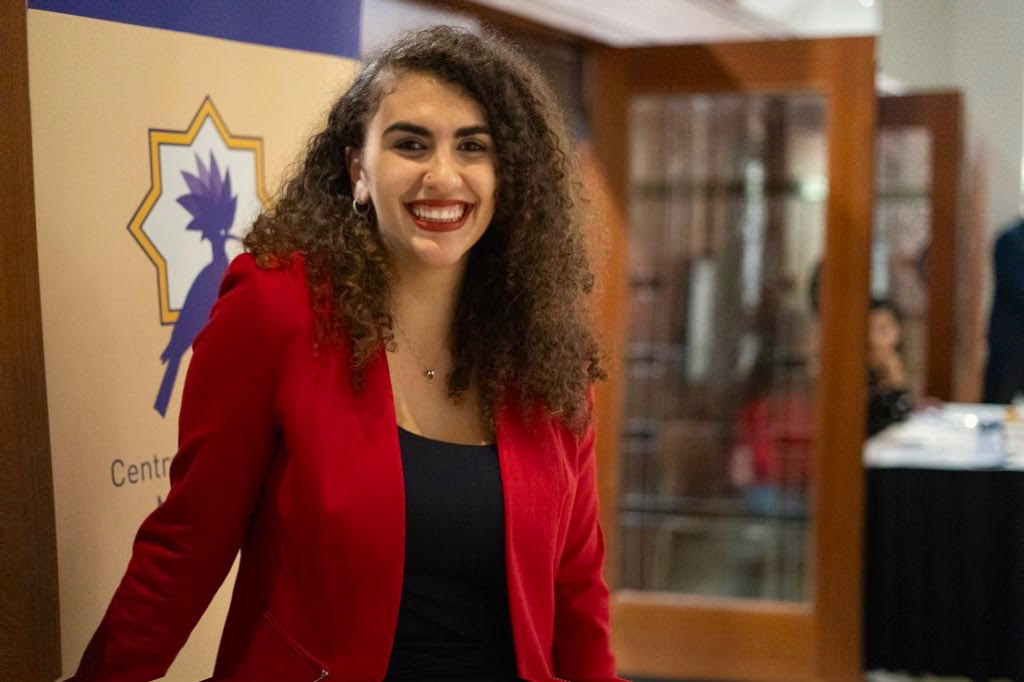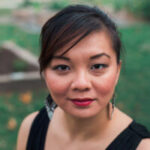Post-secondary schools across Canada are failing and overlooking their refugee students, says a group of Vancouver students.
Sahar Kazemeini, Emma Leckie, Mitch Robinson, Paul Hartmann, and Adelle Sium met during Simon Fraser University’s Semester in Dialogue program where they created the Refugee Student Support during COVID-19 project. From literature reviews and qualitative surveys, they identified three calls to action for schools across Canada to make in order to support refugee students: set up refugee advisors at post-secondary institutions, provide refugee specific jobs on campus and better online education support.
Refugee policy advisor and researcher Yara Younis was a refugee student herself and said having a knowledgeable advisor makes a difference in quality of education and life.
“I’ve never had to explain myself so much before coming here.”
As a Palestinian refugee born in the United Arab Emirates, Younis is a stateless refugee and this is because the U.A.E.’s birth citizenship policy only grants citizenship to those born to unknown parents or those with at least one Emirati parent. Having limited rights in the U.A.E. was Younis’ motivation to come to Canada as a student.

“I was assigned the only student advisor who knew something about my documentation, but she had to do so much research and really go the extra mile to find out information for me. Even then, that was very limited.”
There came a point where the advisor told Younis that she’d have to get a lawyer. “And I’m a student. I don’t have that money.”
Younis, who is also an independent consultant, knows at least three other people who came as international students and then had to become refugee claimants midway through their studies.
“Unless you have support from the institution, you’re on your own,” she said. “[When] the institution does not understand immigration policy, especially refugee processes in Canada, you really just feel like the world is ending.”
Acknowledging that some schools have refugee advisors, project co-organizer Kazemeini said the project’s first call to action considers having refugee advisors through local immigration partnerships (LIP), a channel where the Citizenship and Immigration Canada supports community-based partnerships and planning around newcomers’ needs.
She explained each partnership would work with the standards of its local community, providing advisors and students better access to resources, events and activities.
Gaining Canadian work experience
The second call to action addresses the financial burden refugee students carry. Having a job on campus gives them an opportunity to earn money and Canadian work experience while developing individual social networks, Kazemeini said.
The project calls upon Canadian schools to offer on-campus jobs. “What we were thinking is having those kinds of Work Learn positions for refugee students specifically,” said the University of British Columbia student.
She explained that even just posting job opportunities in the refugee office makes a difference.
Younis is hesitant about using quotas to fill jobs because it’s still marginalizing refugees. She said they deserve equal access to jobs.
Instead, she wants employers to give refugees a chance. “To do that, [employers] need better knowledge and training about their own immigration landscape, their own country and how it works.”
It’s important for employers to understand what refugees go through and to know they’re just as qualified to do the jobs, said Younis.
She has been applying for full-time office work lately and a lot of the responses say she’s qualified but they don’t know if she’s allowed to work.
“People just think that you’re illegal.”
She has to explain the situation again and again.
“There is no risk in hiring refugees. You’re actually contributing to your own society.”
Getting students online
Students are stressed and unfamiliar with the transition to online classes, said Kazemeini, which has led to trouble accessing online resources. “[Schools] are sending out surveys, asking students whether they have access to printers, laptops and the internet.”
The third call to action demands Canadian schools to provide sufficient materials for students to succeed in their studies.
Refugee students are still students and, without immediate access to professors or classmates, the material is still hard to process, Kazemeini stated. And this doesn’t include the language barriers.
Additionally, refugee students may be self-conscious about their living situations. Younis said, “Especially if they’re refugee claimants, they could be living in shelters or BC housing.”
Many professors aren’t considerate about their students’ privacy, demanding students to be fully engaged and visible online, she said.
“There could be five other people around you. There could be noises and distractions. In that sense of focusing on actual lectures, it’s extremely difficult.”
Younis said, when it’s hard to focus and everything is hectic, a lot of students don’t reach out for help or support. “A lot of people’s default is to shut down. They will literally disappear and not come to class anymore.”
Photos provided by Sahar Kazemeini, Emma Leckie, Mitch Robinson, Paul Hartmann, Adelle Sium, and Yara Younis
Deanna Cheng is a freelance journalist who has been published in various publications such as Vancouver Courier and Asian Pacific Post. She often covers culture, intersectionality and Vancouver.





